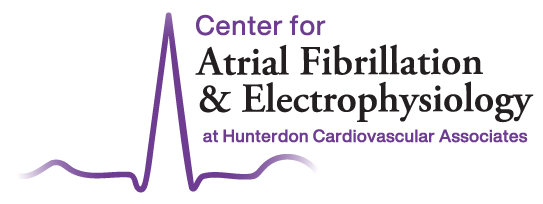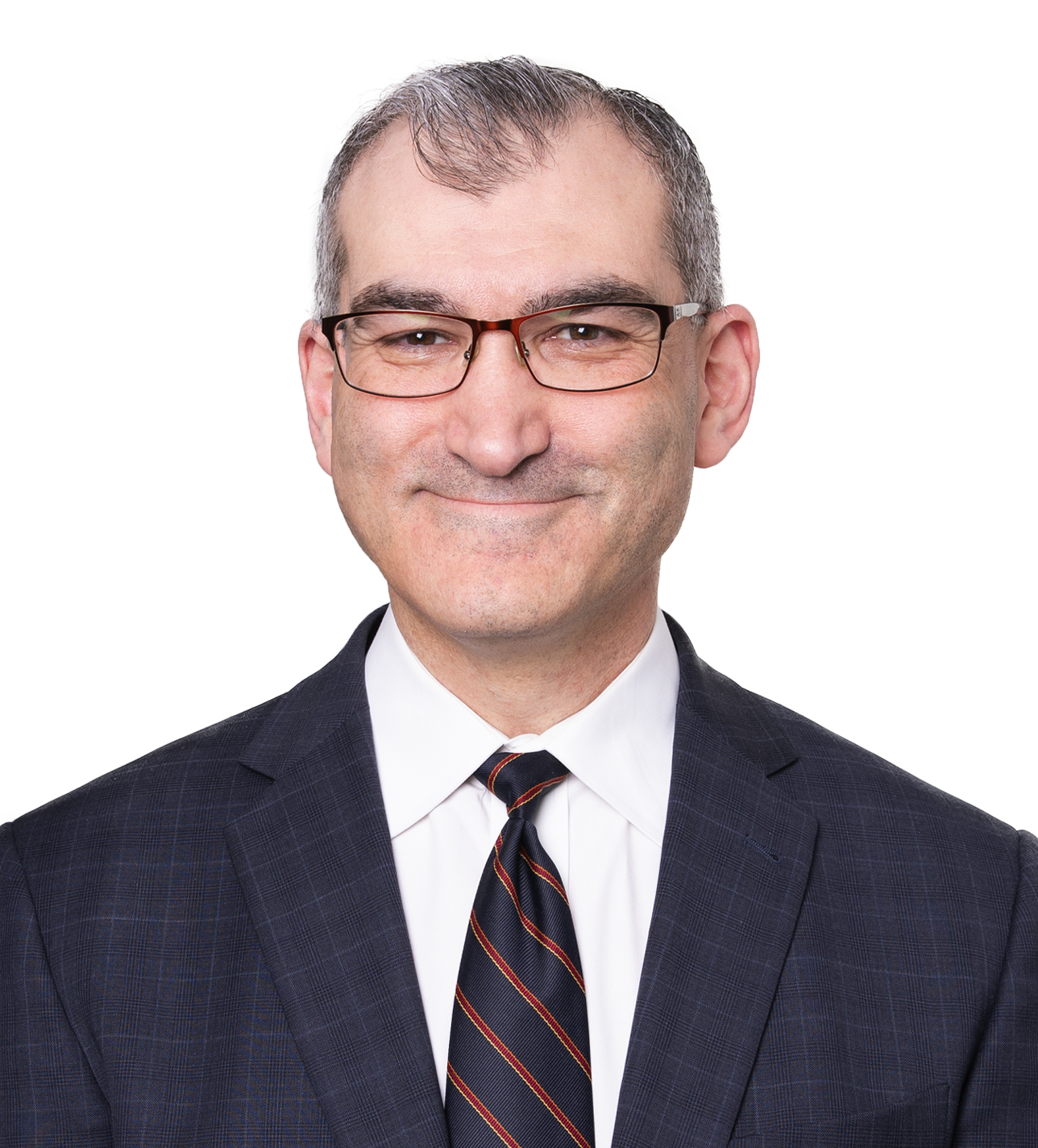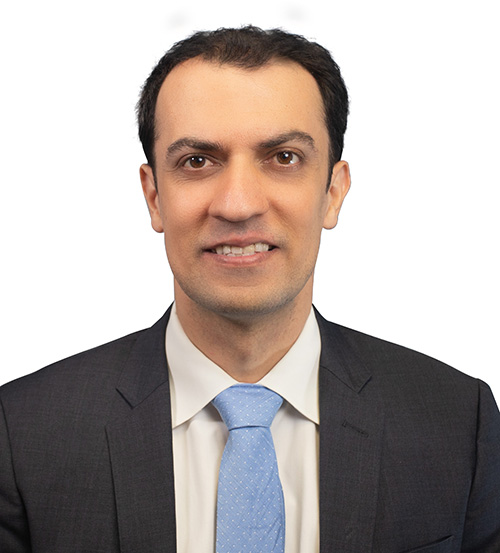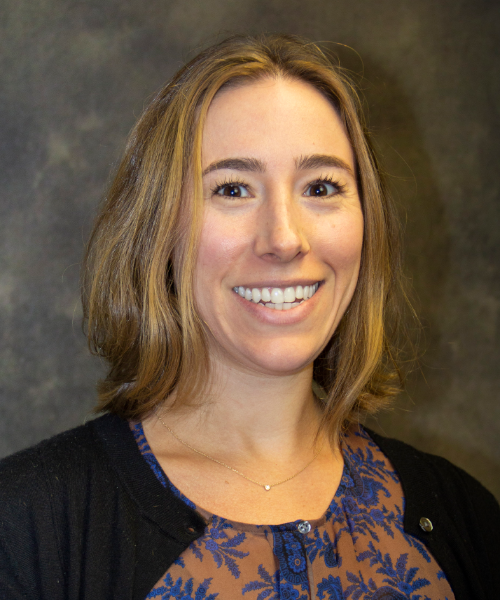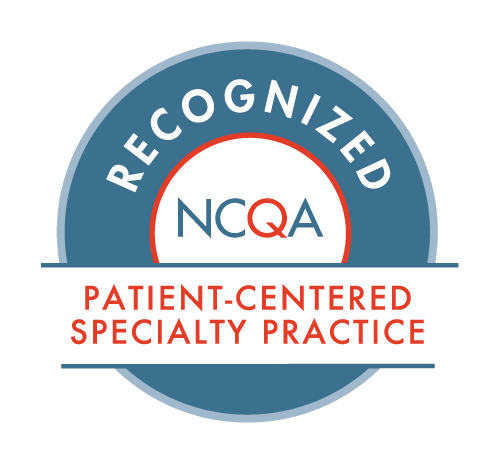The Center for Atrial Fibrillation and Electrophysiology at HCA
Hunterdon Cardiovascular Associates (HCA) has established The Center for Atrial Fibrillation and Electrophysiology to bring the best of both cutting-edge technology and personalized care to you. The center provides state-of-the-art arrhythmia diagnosis and treatment, with an emphasis on making important decisions with you, rather than for you. We offer a full range of arrhythmia services, including:
- Personalized consultation
- Ambulatory cardiac monitoring
- Loop recorder implantation and interpretation
- Pacemaker and defibrillator implantation and clinic
- Specialty atrial fibrillation (AFib) management
- Cardiac electrophysiology testing
- Cardiac ablation
- WATCHMAN procedure
Contact us today at 908-806-0180 or by filling out the contact form.
